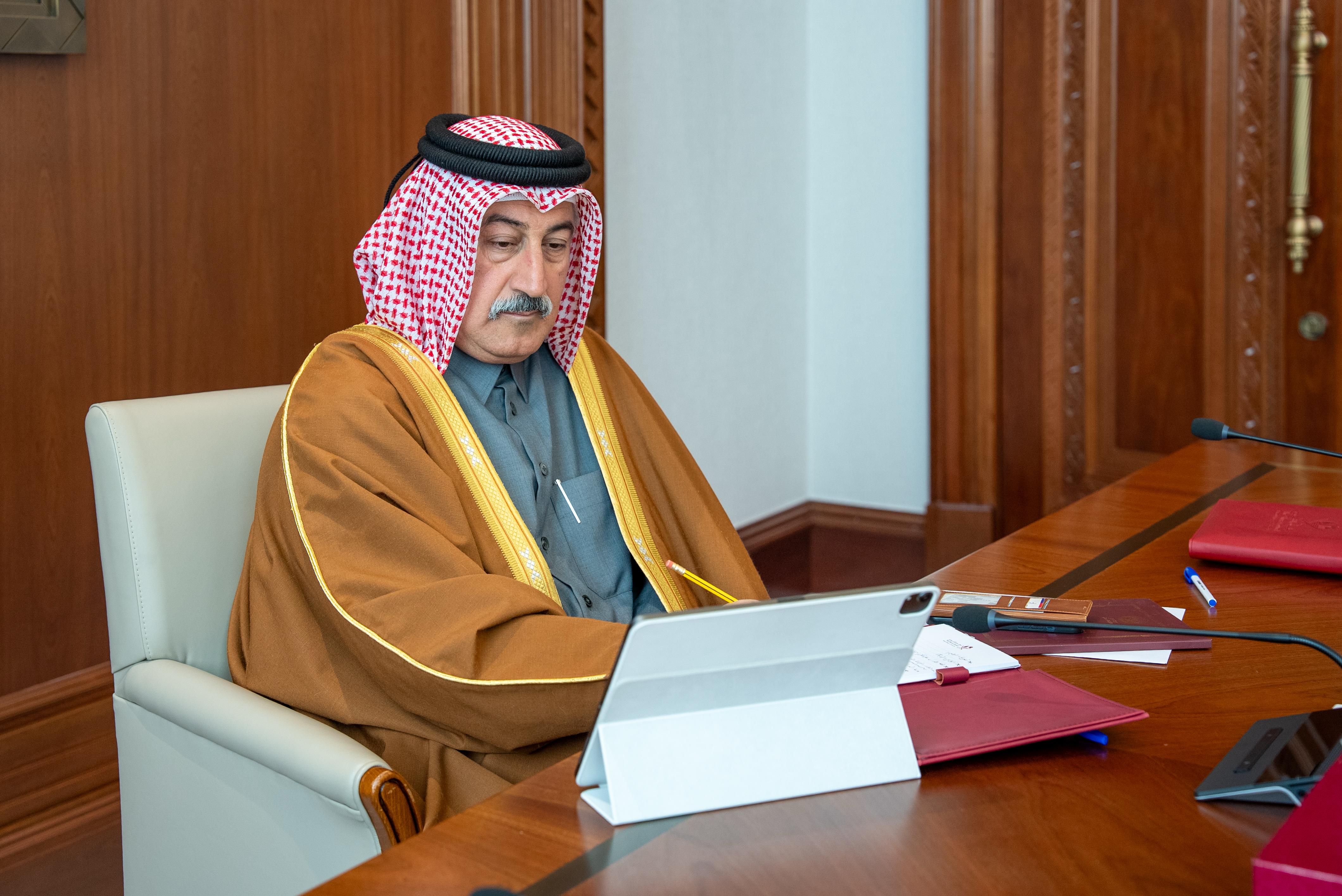Shura Council Participates in Virtual Seminar on Orphanage Trafficking
06 March 2025
The Shura Council participated on Thursday in a virtual dialogue seminar organized by the Inter-Parliamentary Union (IPU) under the title "Legislative Strategies to End Orphanage Trafficking".
The Shura Council was represented by HE Member of the Council Khalid bin Abas Kamal Al Emadi.
The seminar, attended by several experts and specialists in child rights and combating human trafficking, discussed ways to address the phenomenon of orphanage trafficking through effective policies and legislative measures.
In his remarks, HE Al Emadi emphasized the need for intensified international efforts to protect orphans, particularly those in Gaza who face harsh conditions due to the ongoing conflict, which calls for urgent international intervention to ensure a decent life for them.
He highlighted the State of Qatar’s leading humanitarian role in this regard, as Qatar has consistently provided urgent relief aid to Gaza families and continues its diplomatic efforts to end the conflict and protect civilians, including orphaned children who lost their families to war.
His Excellency also highlighted the State of Qatar’s advanced procedures to ensure the quality of care provided to orphans.
These include regulating care institutions and enforcing strict oversight to prevent child exploitation or exposure to risks, underscoring the importance of ensuring children remain in stable family environments, supporting families to care for their children, and encouraging the adoption of kinship-based foster care models over institutional placements, as such approaches positively impact children’s psychological and social development.
HE Al Emadi underscored the significance of drying up the sources of human trafficking and called for continued collaboration with international organizations to combat this crime.
The seminar’s agenda included several key topics, such as the causes of orphanage trafficking, legislative measures to combat it, and the roles of sending and receiving countries in addressing this phenomenon.
It also featured an overview of successful legislative initiatives at the international level.
The seminar concluded with an open dialogue with experts, providing participants an opportunity to exchange experiences and discuss challenges faced by legislators in curbing such practices.

